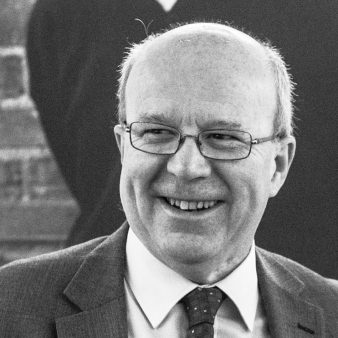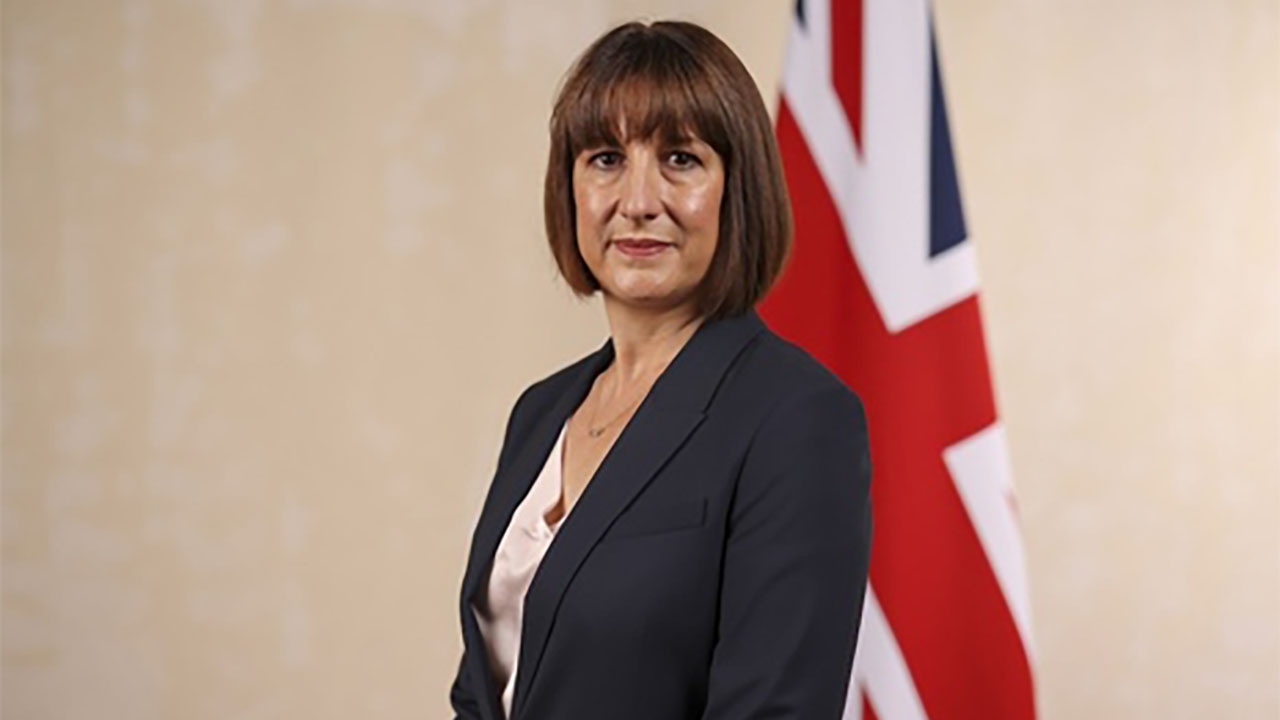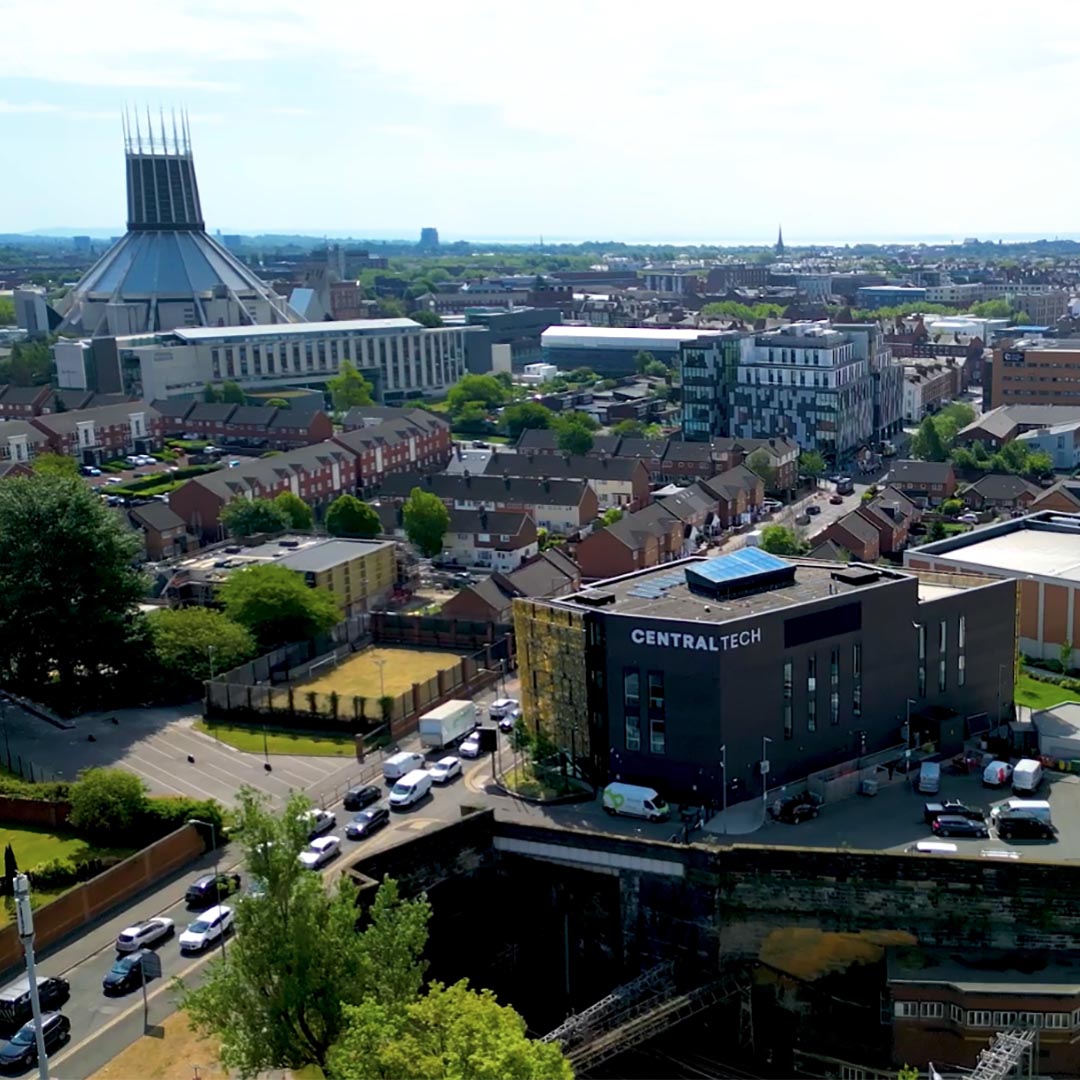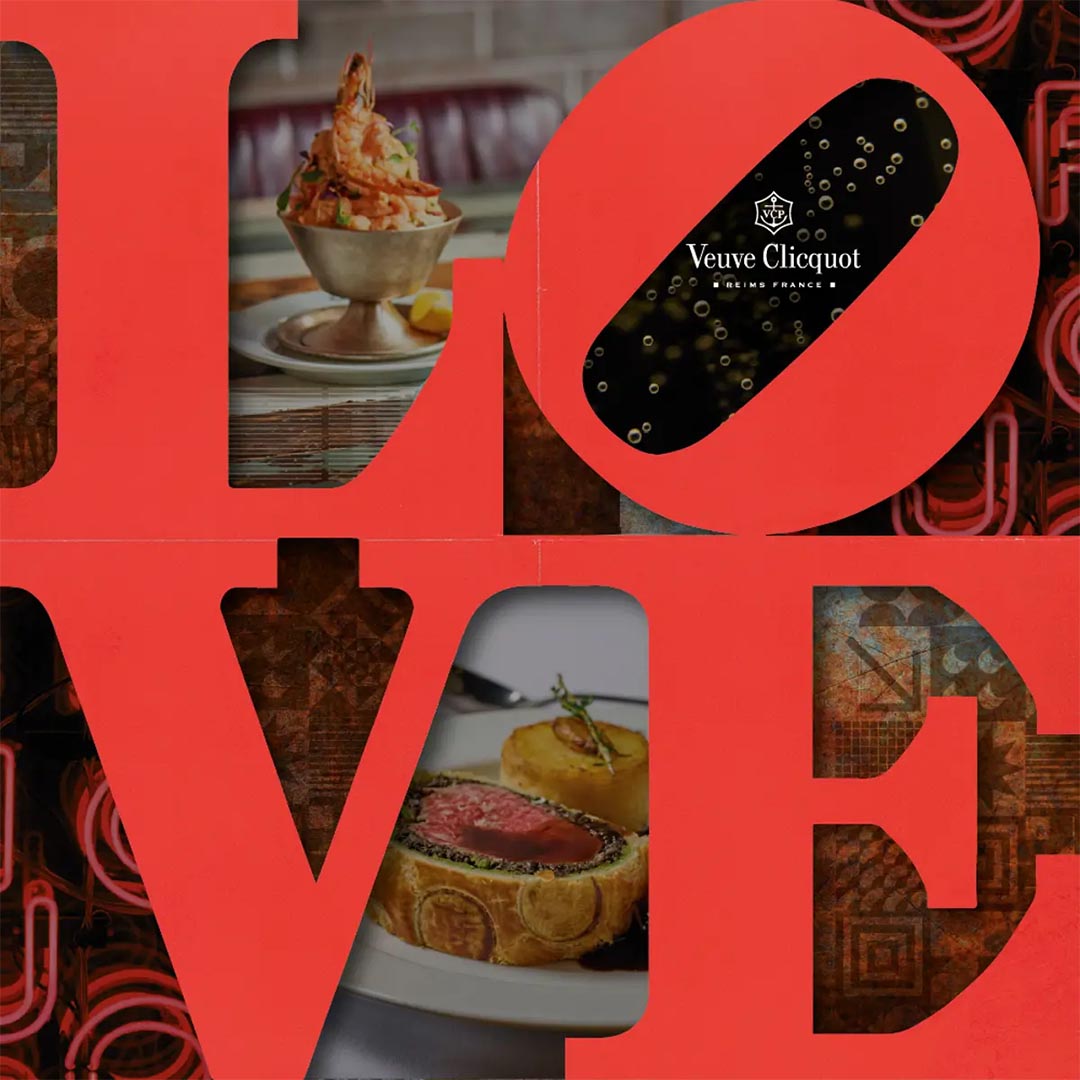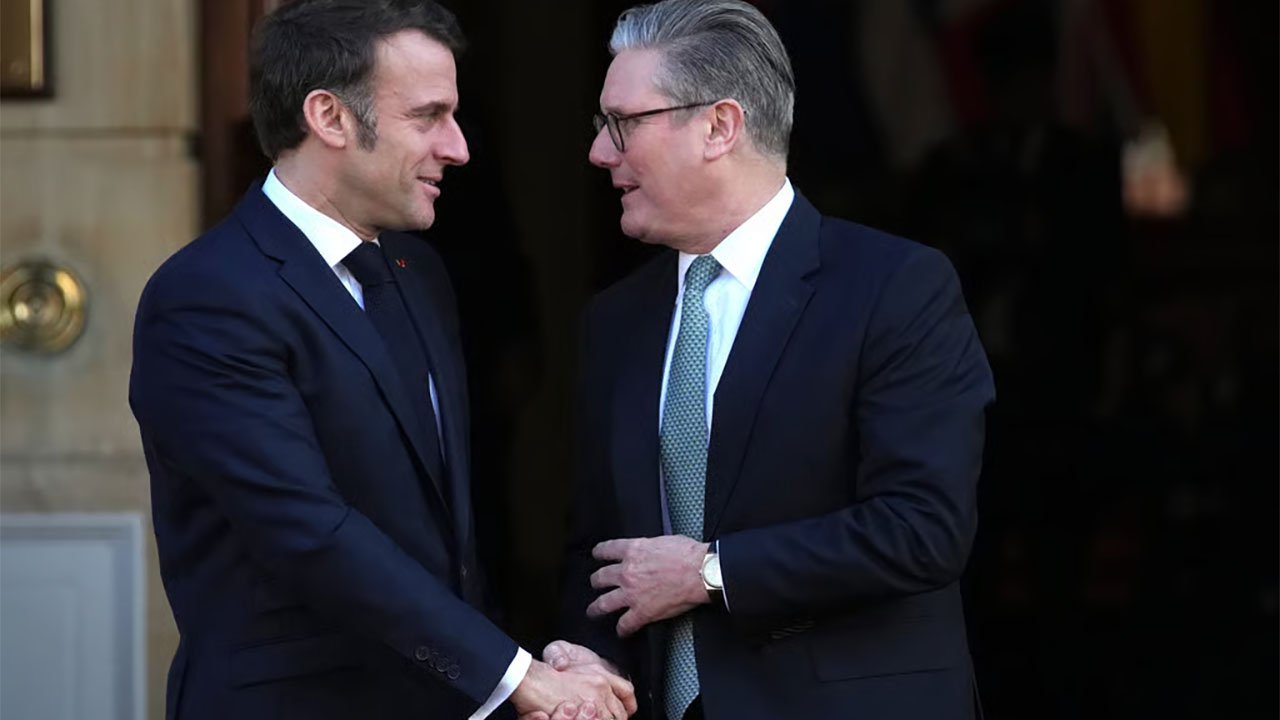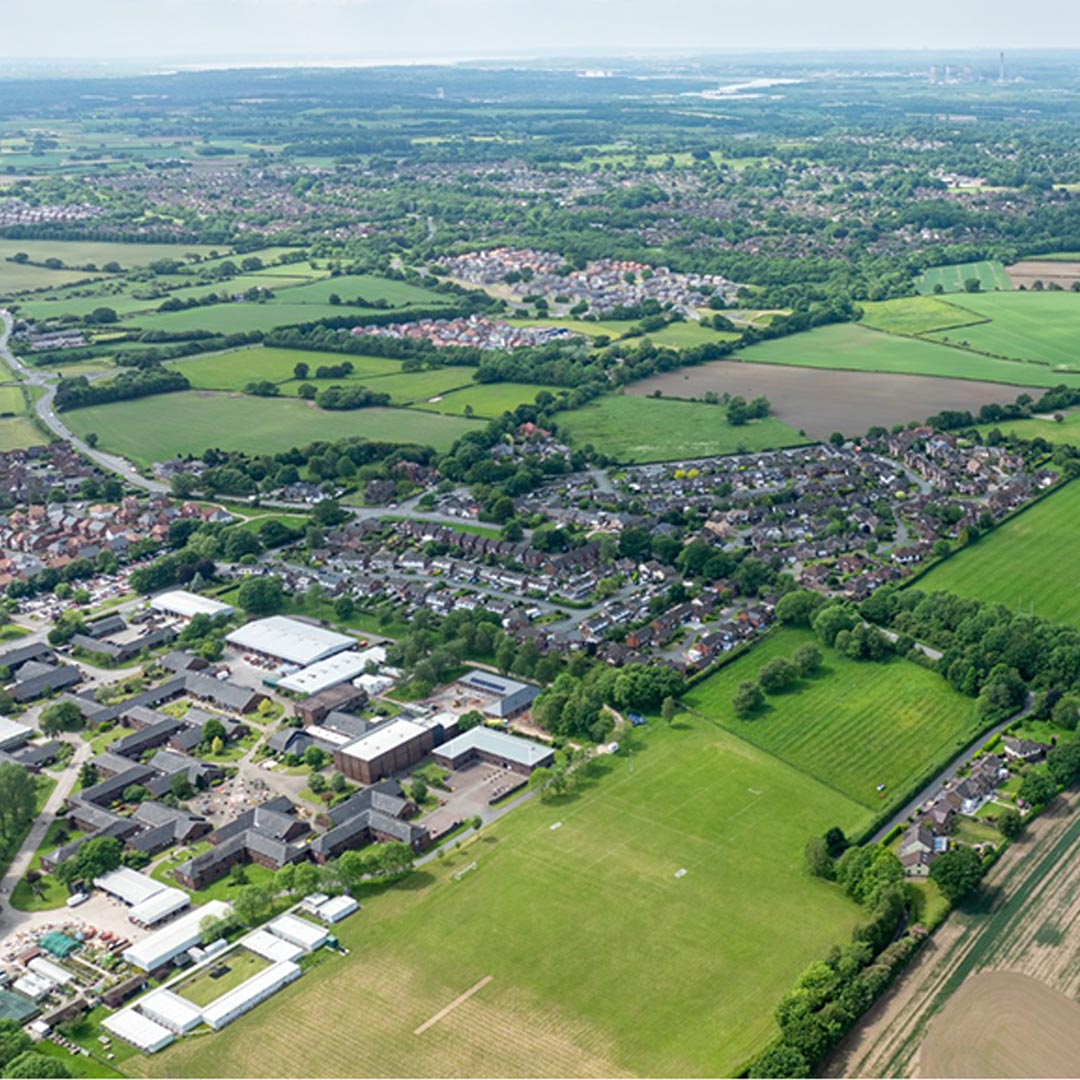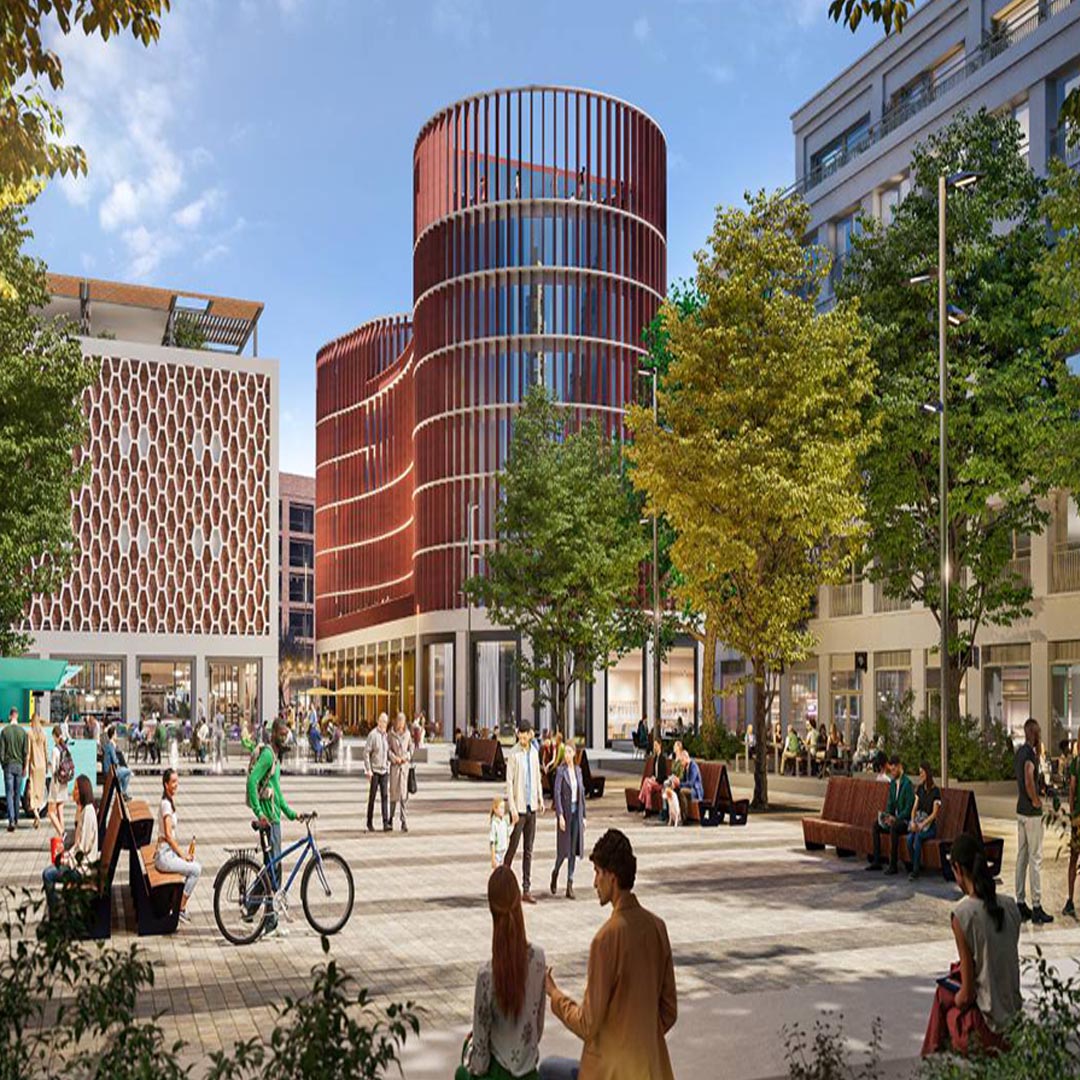It seems that the big issue voters are going to have to decide in the forthcoming General Election is whether they want tax cuts, or something done about our crumbling public services.
Whoever you talk to has a complaint. Whether it be trying to get a doctor’s appointment, waiting for hours on hospital trollies, train cancellations or trying to contact the Inland Revenue. My particular beef is road markings. Do you notice them fading away? I presume highways departments are so strapped for cash they can’t renew them. In some places the lack of them is going to cause accidents. And that is all before the “wilding season” starts again when signs and roundabouts will be obscured by ugly vegetation to let the wildflowers grow.
Our local councils are running out of money fast. The government was forced to give them some emergency cash this week, but ministers overall direction of travel looks to be very different. The Chancellor is already flagging up that there will be tax cuts in the March budget. So, the question is do people want that, with the consequences for public services, or do they want a government which is committed to the huge task of repairing state services, and is honest enough to say that that means no tax cuts.
Labour’s position is interesting as I found out while at Westminster this week. There are suggestions that the Shadow Chancellor is so scared of being pilloried as a high taxer that she would want to promise to match any Tory tax cuts. I can’t believe that, but one very experienced Labour MP suggested that Rachel Reeves might be being influenced by a perception that people had little faith that pouring more money into public services would make a difference.
TONY LLOYD AND HIS SUCCESSOR
I would like to join all those who have sent their condolences to the family of the late Rochdale MP, Sir Tony Lloyd. I had the privilege of reporting on his activities for radio and TV in the North West for many years. He was a man of integrity, reminding us that decency and politics can go hand in hand.
A measure of the regard that MPs of all parties had for Tony, was seen in the House on Monday when the Prime Minister and Leader of the Opposition started no less than an hour and a half of tributes.
It is a little surprising that Labour is moving with such haste to choose his successor this weekend. The shortlist presents a dilemma for Rochdale Labour Party members. Rightly, in a town with a large proportion of electors of Asian heritage, there are two candidates with that background. There is the excellent Cllr. Azhar Ali, deputy leader of Lancashire Council, and Nazir Reham from Wigan Council.
The third candidate was causing a considerable stir in the Lobby when I was at Westminster this week because it is Paul Waugh. “One of our own” the journalists might sing. He is Rochdale born, but has largely plied his trade in top political journalist posts in London with The Independent, HuffPost and the London Evening Standard.
The feeling at Westminster is that he is Starmer’s choice. Waugh says he wants to represent the diversity of the constituency. If chosen, he may have his work cut out.

